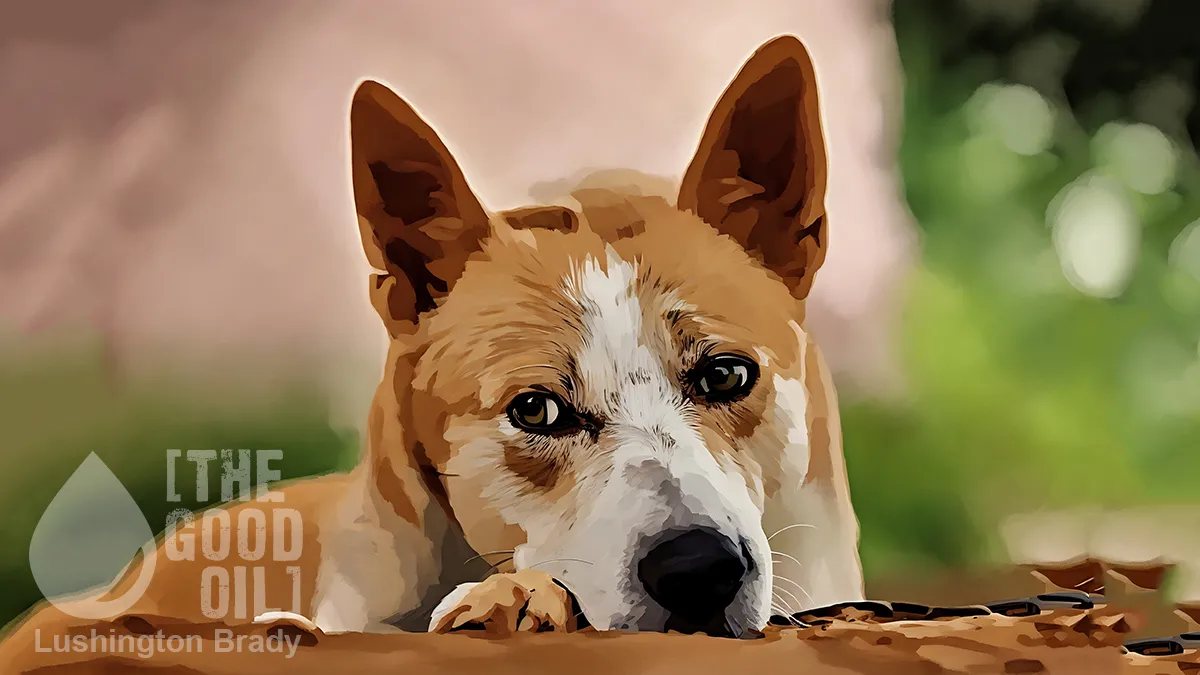Table of Contents
Peter Williams
Writer and broadcaster for half a century. Now watching from the sidelines although verbalising thoughts on www.reality check.radio three days a week.
It’s now 54 years since my first trip to the USA as a 17 year old AFS exchange student in the era of Nixon and Vietnam and Don McLean’s American Pie.
I’ve visited many times since and this is actually the second Substack musing written at Los Angeles Airport in the last seven months.
Our trip over the last two weeks has been to Vail, Colorado, ostensibly to do some slow and technically poor skiing (which I’m very good at), but really to meet up with my London-domiciled daughter and her family.
We also spent half a day in downtown Denver, the Mile High City and Colorado state capital.
In no particular order here are some very random observations from the last fortnight.
1. Winter still bites hard in the Rockies and the snow is relentless. It snowed on every one of our first seven days in Vail and the week’s total was 51 inches or nearly 130 centimeters. On a good day the temperature reached zero degrees Celsius.
2. Tipping has become outrageous and egregious. Half a century ago you added 10 per cent for good service at a bar or restaurant. Now it’s expected that you tip at least 20 per cent at hospitality outlets. Even worse, tips are now being asked for at retail stores when you pay by card. That’s a step to far for me. At least there’s a “no tip” option. When I bought groceries or a souvenir I always used that button.
3. The quoted price for goods and services is exclusive of sales tax. So a meal, which might be listed as being $100 for two people will, with tax and a tip, actually cost you around $130. And don’t even think about a USD to NZD conversion!
4. Politics isn’t a hot topic of conversation. Skiing is one of those sports where you chat to others because you ride around 10 chairlifts a day with random strangers and it’s sort of etiquette to exchange a few words. You’d think that over the course of 60-something lift rides during the week there’d be some political comment from a fellow rider, especially in the wake of President Trump’s helter-skelter form of government. Maybe the skiers just wanted to escape into the fresh air.
5. But then Colorado is a fiercely Democratic state. The state’s Supreme Court tried to keep Trump off the ballot last November until that move was overruled by the US Supreme Court. Colorado’s two US Senators are Democrats, as are five of the eight Congress Representatives along with Governor Jared Polis, the first gay man elected to be a state governor anywhere in the country.
6. Never having been a cannabis user, I’m pretty naive about seeing and smelling people using it. It’s legal to smoke it in Colorado but, in the time I was there, both in Vail and in Denver, only twice did I detect a waft from a nearby user. During our three-hour stroll around downtown Denver, we saw just one retail outlet dispensing it.
7. Denver, a city founded on the discovery of gold in 1858 and now home to over three million residents in the greater Denver-Aurora-Lakewood conurbation, doesn’t appear to be, at first glance, a thriving city. Strolling around the supposedly up-market Union Station neighbourhood, we couldn’t help but be unimpressed by the number of vacant retail and commercial spaces, although there were plenty of high-rise towers, home to banks and financial institutions in this “Wall Street of the West”.
8. Full marks though for the public transport system. The Denver RTD (Regional Transportation District) provides bus and train services for three million people over six thousand square kilometres. The ride on the train from Denver Airport to Union Station takes about half an hour. A return trip costs 10 dollars and the trains run every 15 minutes. The system has been paid for by a ring-fenced local sales tax of 0.5 per cent since 1973 and 12 rail lines now service 78 stations in all directions from Union Station. (It’s worth considering that our Golden Triangle from Auckland down to Hamilton and across to Tauranga has about same area, around 65 per cent of that population and a hopeless public transport system. The Denver RTD shows that local government’s ability to raise local taxes for local projects can work really well.)
9. American television remains dependent on the pharmaceutical industry. No matter which channel you spend any time on, whether it be news or sport or comedy, you can guarantee the next commercial break will be packed with ads for some potion or another. The industry spends upwards of six billion dollars annually on TV, around three quarters of the entire TV advertising spend. The strategy is not to increase sales of products but to ensure the TV news industry never questions the efficacy or safety of pharmaceutical products. New Health and Human Services Secretary Robert F Kennedy Jr wants to prohibit Big Pharma advertising on TV. There will be massive pushback against the idea, as both the broadcasting and pharma industries will use the First Amendment, which protects free speech, as a reason why it can’t happen. But all broadcast tobacco advertising has been banned in the US since 1971 and that comfortably passed the constitutional test then so why shouldn’t it happen again?
10. America is a fun place to visit occasionally but our dreadfully weak currency means it’s no longer for the faint hearted Kiwi. When I first came here in 1971, my parents had to pay $1000 US dollars to cover my costs for the year. That equated – seriously – to $900 New Zealand dollars, such was the protected nature of our non-floated dollar in those times. These days, with an exchange rate of around 57 US cents for one NZD, all spending in the US needs to be cautious – and you just have to accept that in a restaurant or bar the listed price is really just an opening negotiation before tax and the tip!
A couple of weeks away in another jurisdiction and talking more with my London based Kiwi ex-pat son-in-law confirms that life in New Zealand isn’t all that bad after all.
I’ve discussed the tax and tipping obligations in the US. But doing business in the UK is now becoming a nightmare. My son-in-law founded a restaurant and coffee distribution chain 15 years ago which now has 10 sites. It’s a successful business with around 500 full- and part-time employees. Government changes to the National Insurance scheme – which funds social security and the NHS – will cost his business half a million pounds a year.
At least our government is not that punitive – and God help us, it never will be.
This article was originally published on the author’s Substack.









